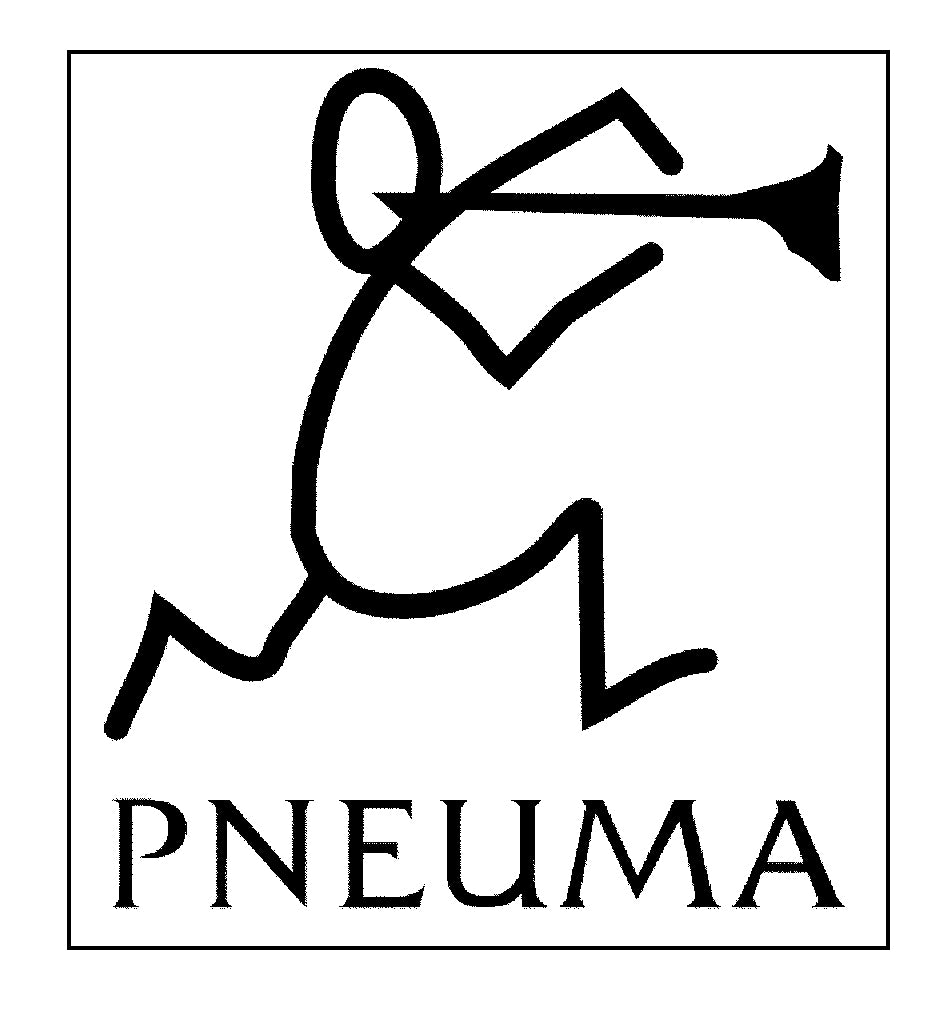PNEUMA presenta en su Colección Histórica las “Canciones de Sefarad”, realizadas por Judith R. Cohen y su hija Tamar en colaboración con Eduardo Paniagua. Estas canciones tienen como soporte los trabajos de etnomusicología de Judith.
PNEUMA presents “Songs of Sepharad” by Judith R. Cohen and her daughter Tamar, in collaboration with Eduardo Paniagua, in its Colección Histórica. Judith’s ethno-musicological work can be appreciated in the songs.
Judith R. Cohen, nacida en Montreal, Canadá, de familia judía ashquenazí: sus abuelos vinieron al Canadá desde Lituania y Rusia al comienzo del siglo XX. Además de intérprete es etnomusicóloga (Ph.D.) y medievalista (M.A.). Sus investigaciones académicas incluyen la música sefardí, las tradiciones musicales de los Cripto-Judíos en Portugal, el adufe / pandero cuadrado a ambos lados de la frontera España-Portugal y la música medieval. También trabaja con la música y baile de los Balcanes, con el romancero pan-europeo, y con las canciones en yiddishe (el idioma de sus abuelos) y del Canadá Francés, donde se crió. Ha editado varios articulos en revistas académicas, ha desarollado talleres de música medieval para las escuelas primarias en Ontario; tambien es miembra del departamiento de música de York University (Toronto). Durante la primavera de 2000 Judith impartió, con Tamar, cursillos y talleres para el departamiento de Formación del Profesorado, Universidad de Extremadura (Cáceres) y ofreció otros programas en España y Portugal.
Tamar Ilana Cohen Adams, hija de Judith, nació en 1986 en Toronto, Canada. A su herencia judía-ashkquenazí se añaden las de la familia de su padre Robert Adams de la tribu indigena-canadiense Cree-Saulteaux, y de imigrantes rumanos y escoceces. Alumna del Collège Français de Toronto, Tamar lleva ocho años estudiando el baile español con Esmeralda Enrique (Toronto); tambien participa en bailes tradicionales indigenas con su padre, y en bailes de los Balcanes con Judith, pero nunca pierde sus preferencias para la música y el baile popular de su propia cultura, la de los adolescentes urbanos de América del Norte.
Judith R. Cohen, born in Montreal, Canada, is of Ashkenazi Jewish origin. She is an ethnomusicologist (Ph.D.) and medievalist (M.A.), as well as a performer and educator. Her research has recently focused on the traditions of the Crypto-Jews in Portugal, and on the adufe/pandero cuadrado along the Spanish-Portuguese border, as well as Sephardic and medieval music. As a performer, she works extensively in these traditions, as well as in Balkan, French Canadian and Yiddish music and pan-European balladry. She has published widely on her research, and as an educator develops workshops in medieval music for Ontario schools, as well as teaching part-time at York University in Toronto. In spring 2000, Judith taught workshops in Balkan song and dance, Sephardic music and Canadian Native traditions for the Teacher’s Training Programme of the University of Extremadura in Cáceres, with Tamar, as well as offering several other programmes in Spain and Portugal.
Tamar Ilana Cohen Adams was born in 1986 in Toronto, Canada. Her Ashkenazi Jewish background on Judith’s side is complemented by her father Robert Adam’s Cree/Saulteaux Indian, Rumanian and Scottish background. Tamar has studied flamenco dance with Esmeralda Enrique in Toronto for several years; she also does Pow-Wow dancing at Native Canadian events with her father, and Balkan dance with Judith – while maintaining her personal preference for the popular music and dance of her own teenage urban culture. She is currently a student at Toronto’s Collège Français.
THANKS / AGRADECIMIENTOS
Tamar Ilana Cohen Adams, my daughter, born in 1986, for travelling with me all her life, often under uncomfortable conditions; Eduardo Paniagua, for the opportunity to record this album; to Eduardo and to Wafir Sheikh-ad-Din, for their fine musicianship, patience and friendship.
To all who shared their homes, time, friendship and expertise: in Madrid, Kenneth and Jane Cook; Elisa Serna, Joaquina Labajo (and Manolo and Joaquín), and Diane Beeson; María Gutiérrez in Malpartida de Cáceres; “our” García-Martín family in Hervás; also friends and colleagues in Belmonte, Bragança, Cáceres, Covilhã, Lisbon, Mogadouro, Monsanto, Oporto, Salamanca, Vigo and many other places.
Thanks to Oro Anahory-Librowicz and Solly (Solomón) Lévy, who taught me about Moroccan Sephardic culture during our years in Gerineldo; also to Shoshana Weich-Shahak, and Joaquín Díaz. Also, our deepest thanks to the Sephardic, Portuguese, and Crypto-Jewish women and men who permitted me to record them, both those whose names appear with the songs, and many others whose help is no less appreciated.
For research and travel grants, thanks to York University, Toronto; the Social Sciences and Humanities Research Council of Canada; the Memorial Foundation for Jewish Culture, the Canada Council for the Arts; and the Spanish Embassy in Ottawa. In Canada, thanks to Isabella Meltz (and Yona), Robert Adams (and Anne), Sahra Cohen (and Neil), Frances Cohen (and Gabi, Aaron and Lawrie), and Maurice and Margot McGregor, also the support of my mother, Ethel Cohen (1917-1995).




